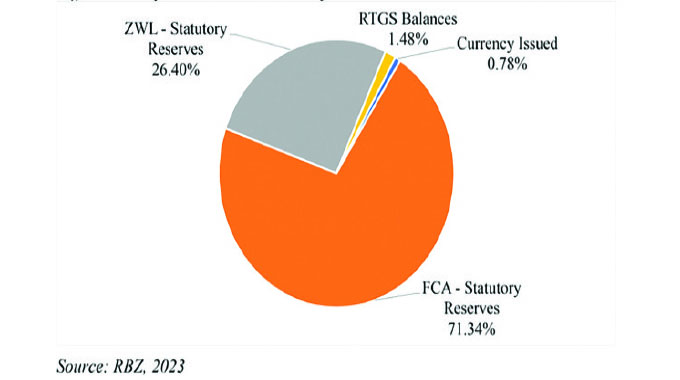Zim to tap into global micro-insurance sector
Kudakwashe Mhundwa Business Reporter
Zimbabwe is working on ways to tap into the global micro-insurance sector which boasts of a potential market of between 3-4 billion policies generating between $30-$50 billion in annual premium revenue. Informed by the National Financial Inclusion Strategy, 2016-2020 which identifies insurance as one of the critical players in the financial services sector, the Insurance and Pensions Commission came up with the micro-insurance strategy as a way of enhancing financial inclusion through insurance targeting the previously excluded population.
The previously excluded population includes small-to-medium enterprises, peasant farmers, vendors and other low income earners.
“In essence, micro-insurance is a growth area, which will increase penetration ratio from the current 3,6 percent as more members of society can access and afford insurance products that match their needs.
“In Ghana for instance, penetration ratio rose drastically from less than 5 percent to more than 20 percent,” said IPEC commissioner Tendai Karonga.
Mr Karonga was addressing delegates at the launch of the Micro-insurance Regulatory Framework, Friday.
He said the statistics revealed by Finscope show that there was a huge gap on the insurance uptake, and it was evident that a huge market remained untapped.
In a report by Swiss Re, it is estimated that globally, Micro-insurance has a potential market of between 3-4 billion policies generating between $30-50 billion in annual premium revenue.
In the African continent, a recent report on the Landscape of Micro-insurance in Africa Report indicates that $647 Million was underwritten under Micro-insurance, from 62 million people covered.
Results of a Finscope survey done in 2014, show that 70 percent of adults in the country were not insured. Of the 30 percent with insurance, 77 percent of them were in respect of funeral insurance.
“This means there is a huge gap on the insurance uptake, which needs to be filled,” said Mr Karonga.
Micro-insurance is insurance that targets the previously excluded communities by providing insurance products that are accessible and affordable.
Examples of micro-insurance products include weather index, funeral assurance, health insurance, agricultural insurances and credit life.
Mr Karonga said the strategy is in line with Government`s National Inclusion Strategy with realisation that insurance is a major player in the financial services sector.
Secretary for Finance and Economic Development Willard Manungo Development said the strategy has come at an opportune time when Government`s National inclusion strategy is at infancy as the two will buttress each other.
“The development of the micro-insurance industry in Zimbabwe is a welcome move given the highly informalised nature of our economy. The innovation of such products as GetSure and EcoSure, among others not provides insurance products to the lower end of the market but also mobilises resources from the informal market for development purposes,” said Mr Manungo.
EcoSure is a product focused on providing funeral cover that guarantees a promised amount and/or benefit, depending on the policy package to be paid out in the event of death of the insured.






Comments